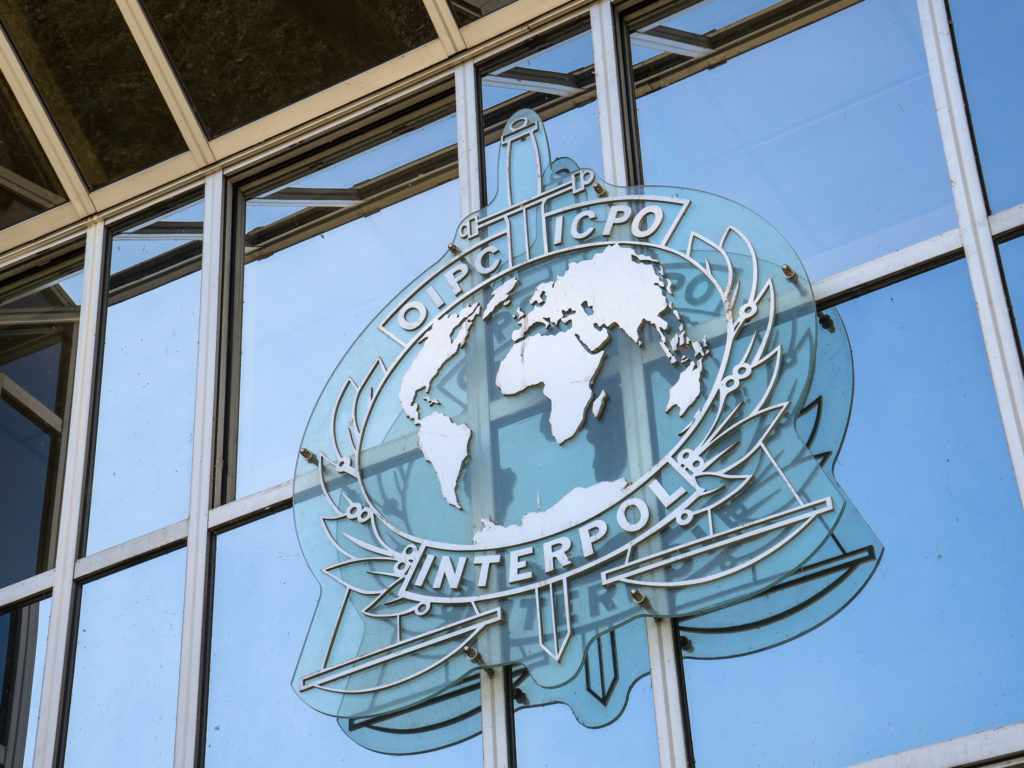
Monday 25 January 2021 marks the start of the 115th Session of the Commission for the Control of INTERPOL’s Files (‘CCF’). The CCF, INTERPOL’s supervisory body, meets every three months or so and its role is twofold. First, the Supervisory and Advisory Chamber is responsible for ensuring data processing carried out by INTERPOL is done in accordance with the organisation’s rules and second, the Requests Chamber has responsibility for requests for access to, and correction and/or deletion of, data processed by INTERPOL, most notably, Red Notices.
While Red Notices undoubtedly play a crucial role in the international fight against serious, crime, the system is open to grave abuse by member states with a questionable commitment to the rule of law. INTERPOL’s Constitution expressly prohibits the undertaking of “any intervention or activities of a political, military, religious or racial character” but the integrity of INTERPOL’s processes for assessing the validity of Red Notices and identifying those issued for political or other improper purposes has been repeatedly called into question. In light of this potential for misuse and the serious consequences for individuals who become the subject of a Red Notice, which can range from arrest to the suspension and freezing of bank accounts and severe reputational damage, one would expect a thorough process for the review of Red Notice requests and a robust, transparent and swift appeals process to be in place. Regrettably, often this is not the case.
While challenges to Red Notices can be made by individuals to the CCF, the process is opaque and protracted, taking up to 12 months or more. Major reforms were enacted in 2016 to improve the operation of the CCF by the adoption of the Statute of the Commission for the Control of INTERPOL’s Files but these do not go far enough. While it is to be welcomed that the decisions of the CCF are now binding on INTERPOL and that the CCF now publishes some of its decisions, the scope of the CCF’s review remains tightly constrained. The CCF will only assess whether the request contains a clear description of the criminality alleged and contains sufficient evidence linking the individual in respect of whom a Red Notice is sought to that criminality; it will not entertain arguments as to the reliability and integrity of that evidence. Far too much reliance is placed on the assumption of good faith in its member states, which ignores the sad reality of endemic corruption of criminal justice systems in many of them. Transparency also remains a live issue, with ongoing concerns about the potential for improper lobbying and undue influence by representatives of member states on the decision-making process in individual cases.
The failure of INTERPOL and the CCF consistently to identify and block misuse of its systems by member states is of particular concern in this jurisdiction following the introduction of the Extradition (Provisional Arrest) Act 2020 (‘the 2020 Act’). The 2020 Act provides law enforcement with a new power of arrest for extradition purposes, without the need for a domestic warrant, on the basis of Red Notices issued by a select list of “trusted nations”. At present that list includes the UK’s ‘Five Eyes’ partners (Australia, Canada, New Zealand and the United States) plus Liechtenstein, Switzerland, Norway and Iceland. The list may be amended by the Secretary of State by regulations. A previous draft of the Act included a provision that would require the Secretary of State to place a statement before both Houses of Parliament confirming that the territory in question does not abuse the Interpol Red Notices system before it could be added but this requirement was removed at the Commons Amendments stage.
Thus, as enacted, there is a stark lack of safeguards in the Act to ensure that states, about which there are valid concerns regarding a lack of respect for the rule of law and the abuse of INTERPOL’s systems, will not be added to this list. Inclusion in the list effectively serves as a rubber-stamping exercise, exempting requests for arrest from judicial scrutiny. While such an exercise may be palatable in respect of the countries already specified in the list, in whose criminal justice systems the UK has a high level of trust, concerns surrounding the abuse of INTERPOL’s processes by rogue states and the limitations of the CCF’s supervisory capabilities, call for extreme caution when considering making additions to that list. The integrity of the UK’s commitment to the rule of law and the maintenance of its reputation as a promotor of INTERPOL reform require the introduction of proper safeguards and clear, non-political criteria for the assessment of a state’s suitability for inclusion. Otherwise, the 2020 Act itself may itself be left open to potential abuse.
Tags: INTERPOL, Red Notice Categories: INTERPOL Member States, United Kingdom



Recent Comments